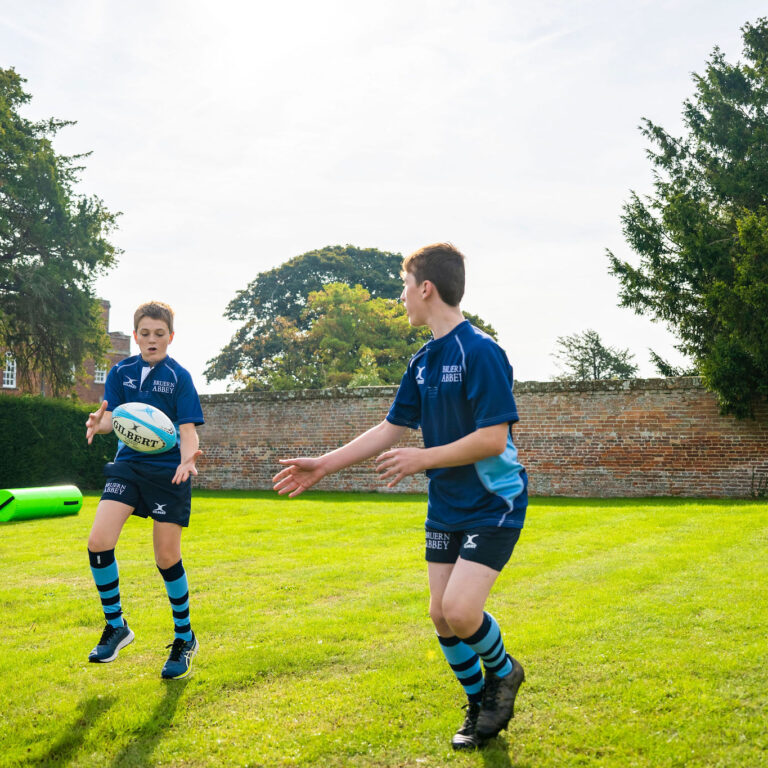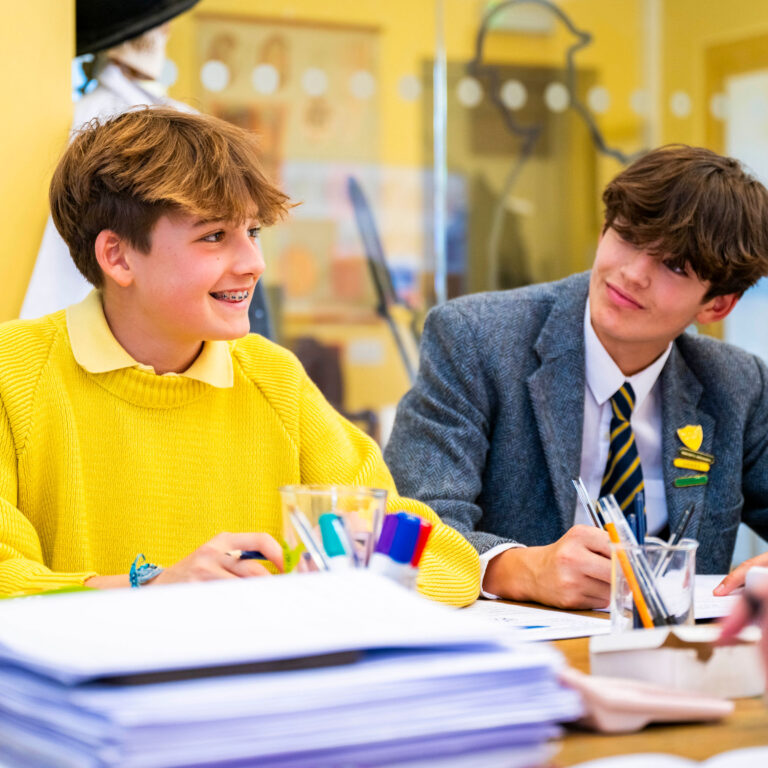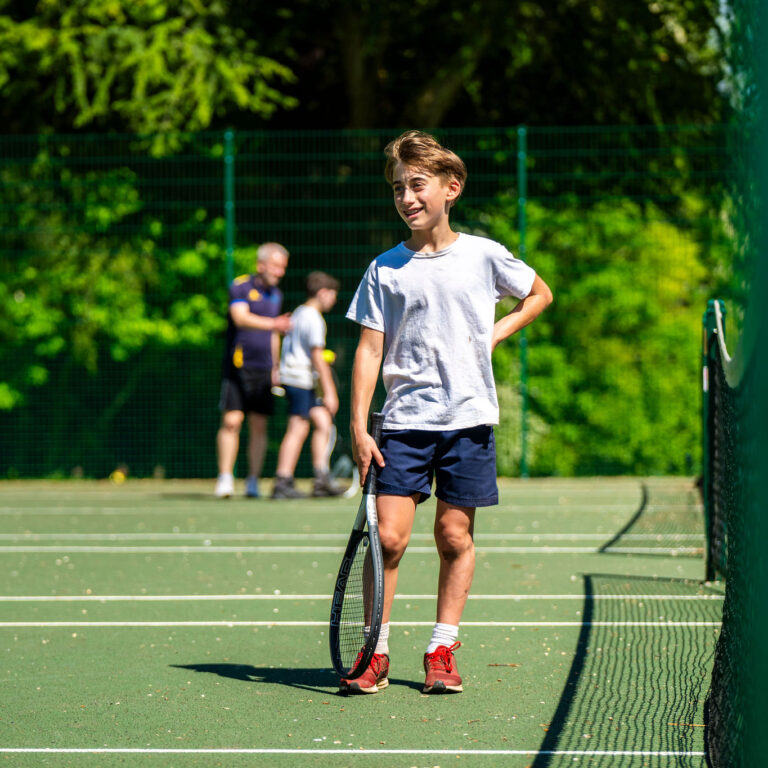At Bruern Abbey School, we see dyspraxia as an opportunity for growth and development. We are dedicated to supporting your son’s journey, nurturing their self-esteem, and helping them unlock their full potential. Together, we can make a meaningful impact on your son’s education.
Dyspraxia (also known as Developmental Coordination Disorder (DCD)), is a neurological condition that affects motor skills, coordination, and planning. Children with dyspraxia may struggle with tasks like handwriting, tying shoelaces, or participating in sports.
What is dyspraxia?
Developmental co-ordination disorder (DCD), also known as dyspraxia, is a condition affecting physical co-ordination. It causes a child to perform less well than expected in daily activities for their age, and appear to move clumsily. Children may also present with difficulties with self-care, writing, typing, riding a bike, play as well as other educational and recreational activities. DCD is thought to be around 3 or 4 times more common in boys than girls, and the condition sometimes runs in families. Dyspraxia is quite commonly linked to other specific learning difficulties such as dyslexia and dyscalculia.



